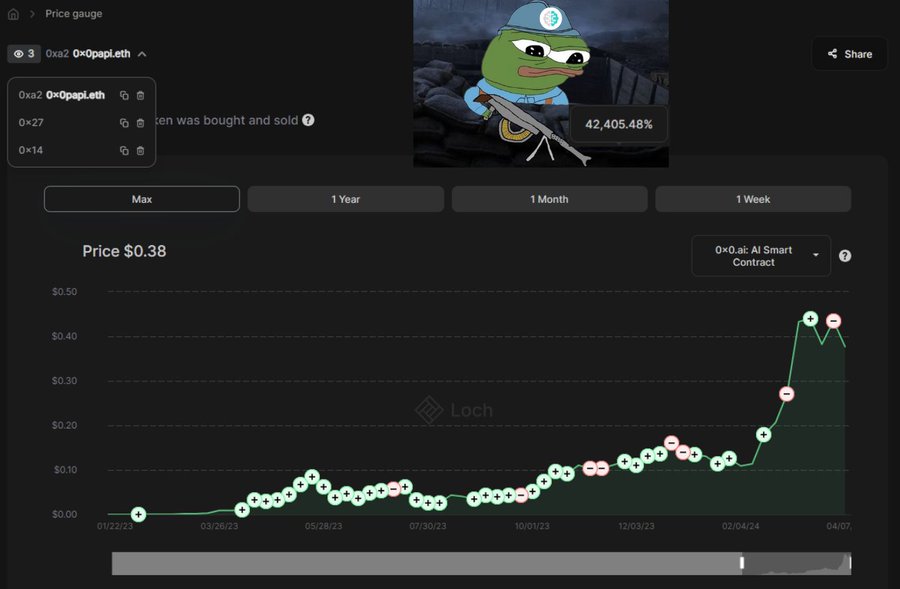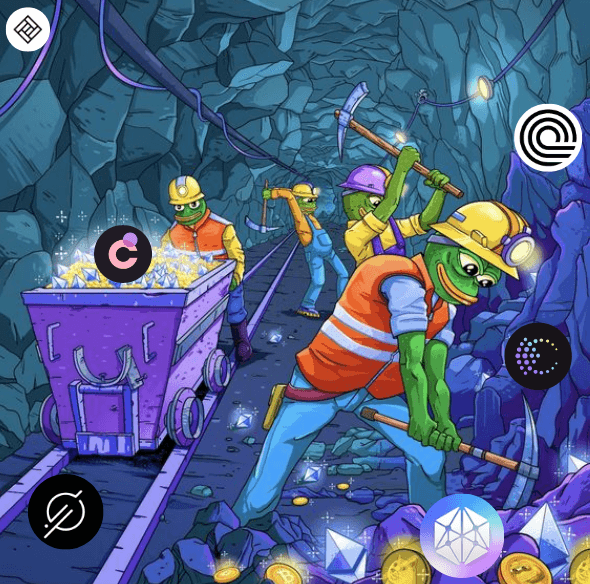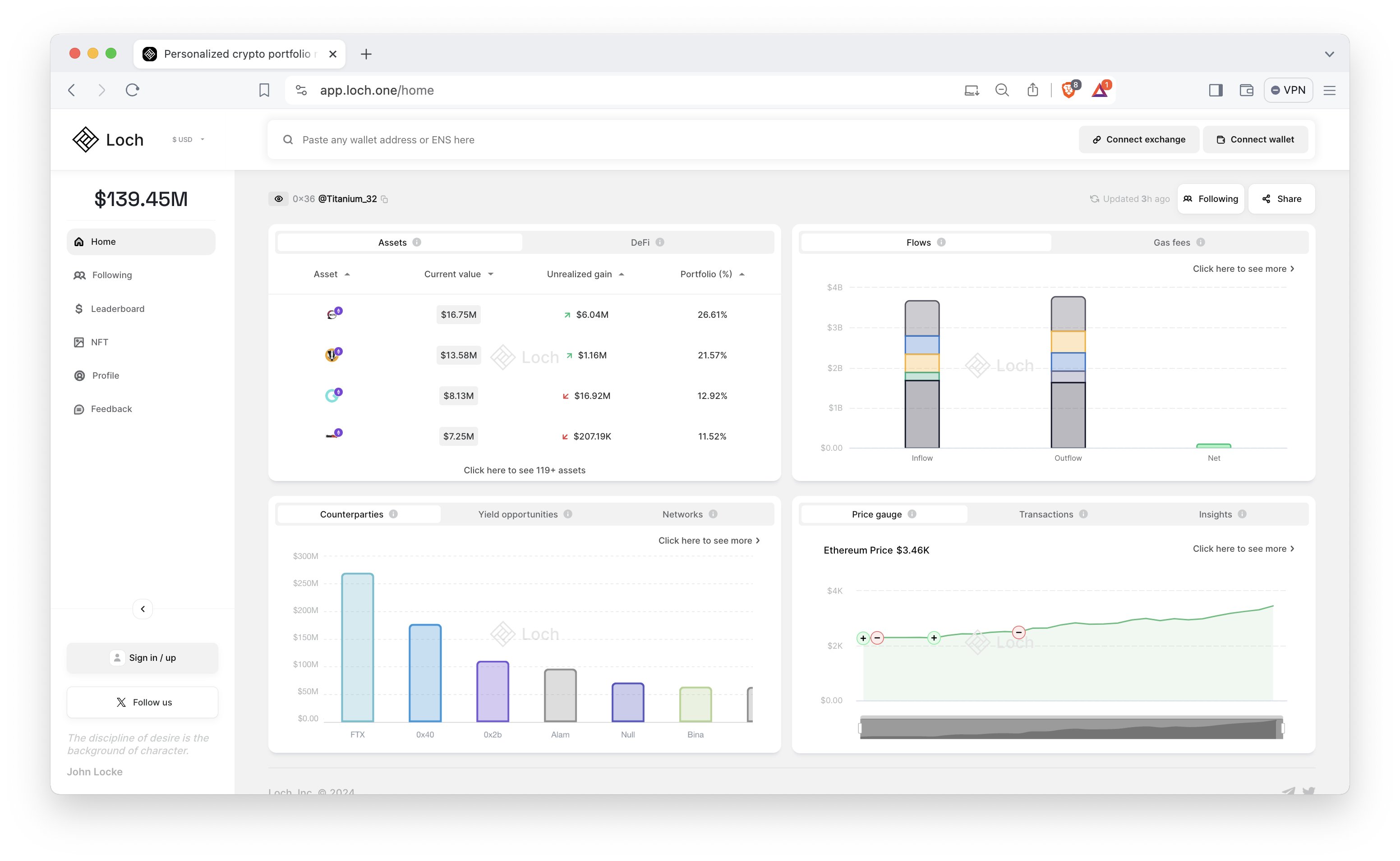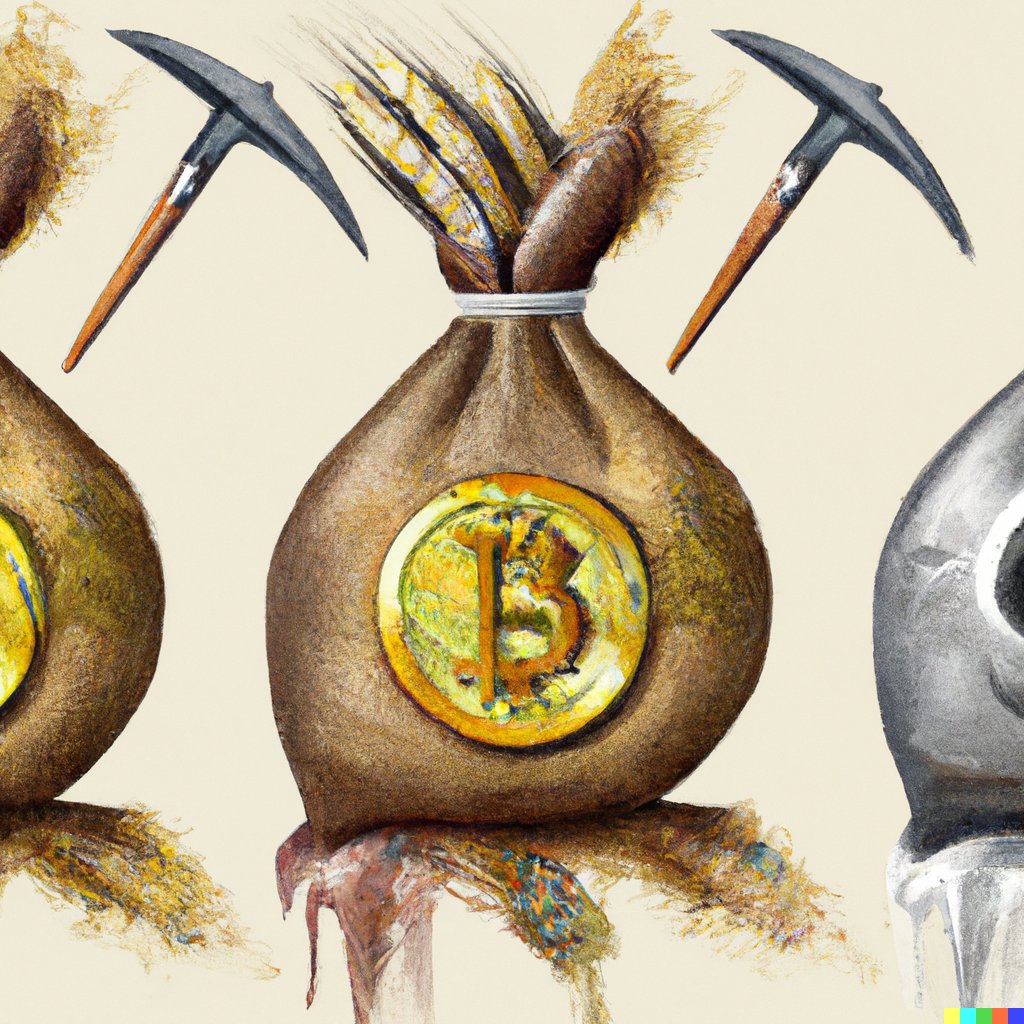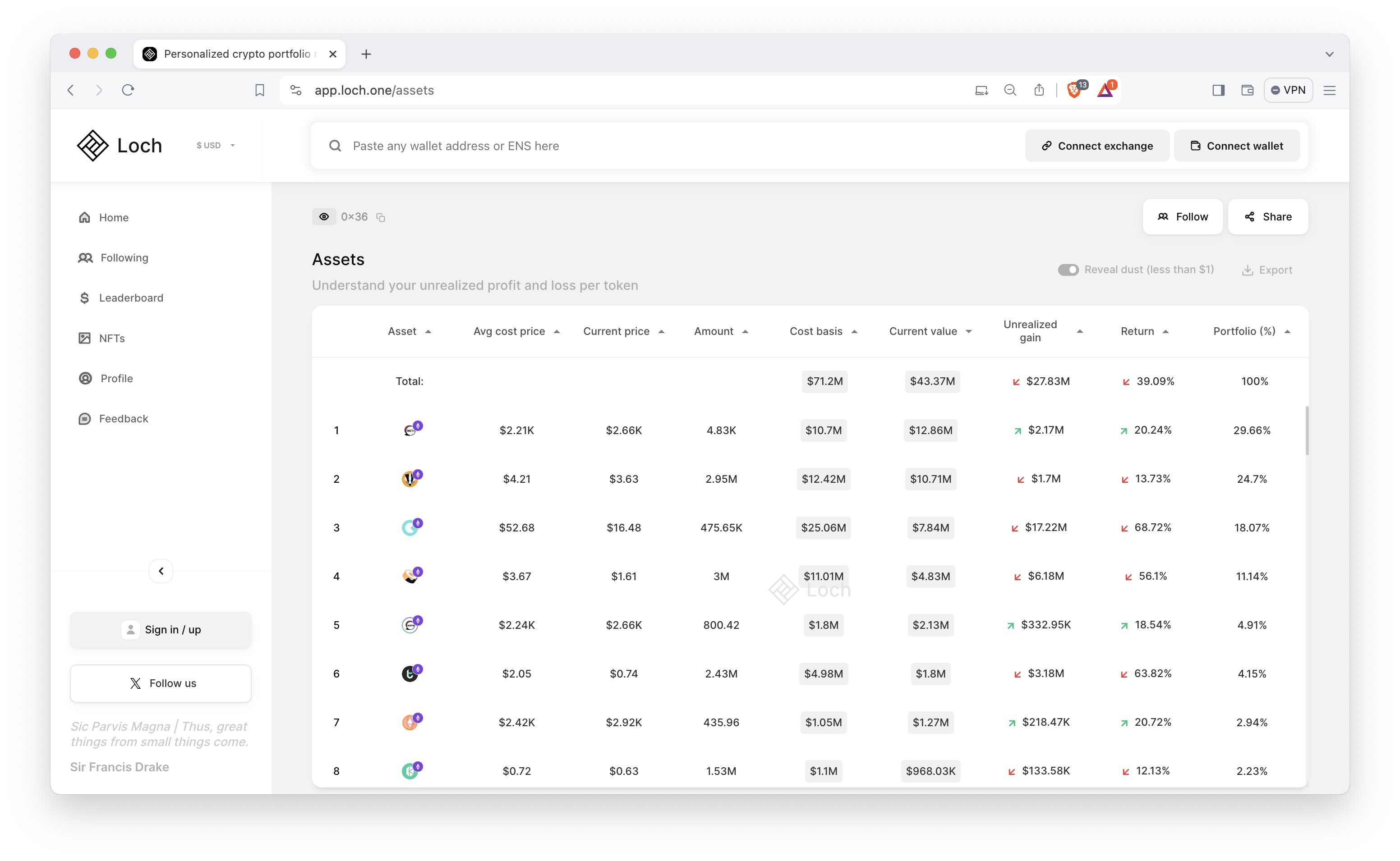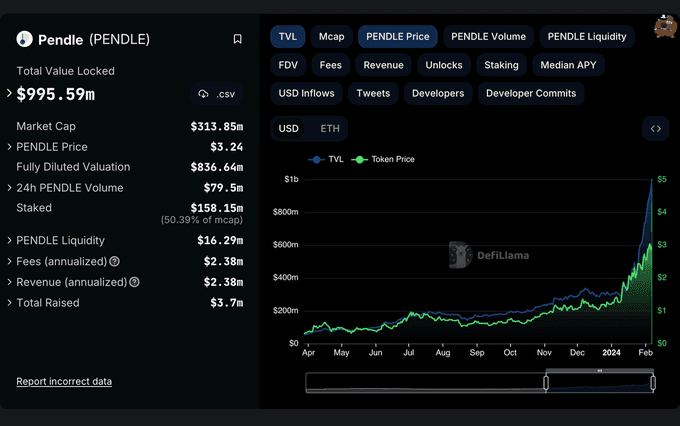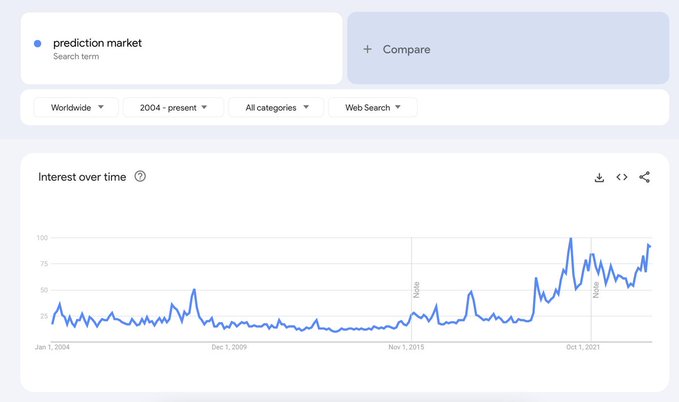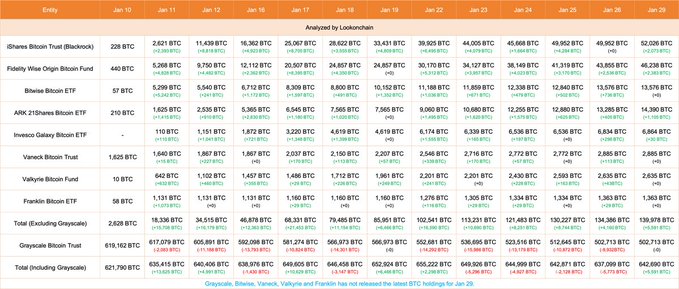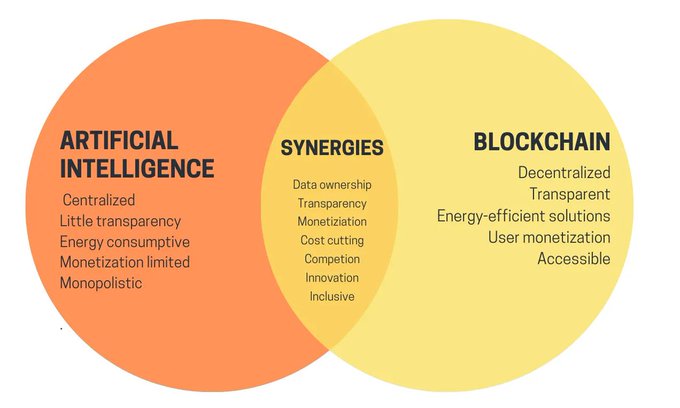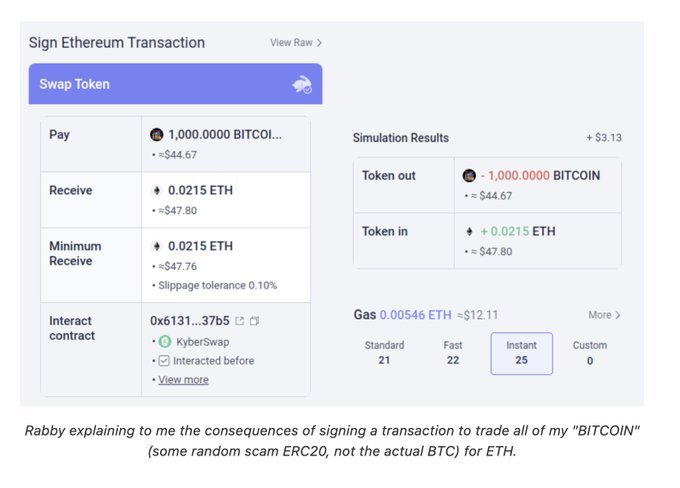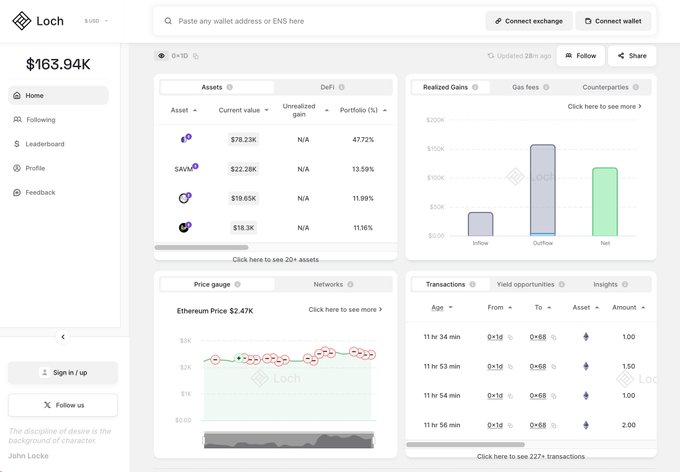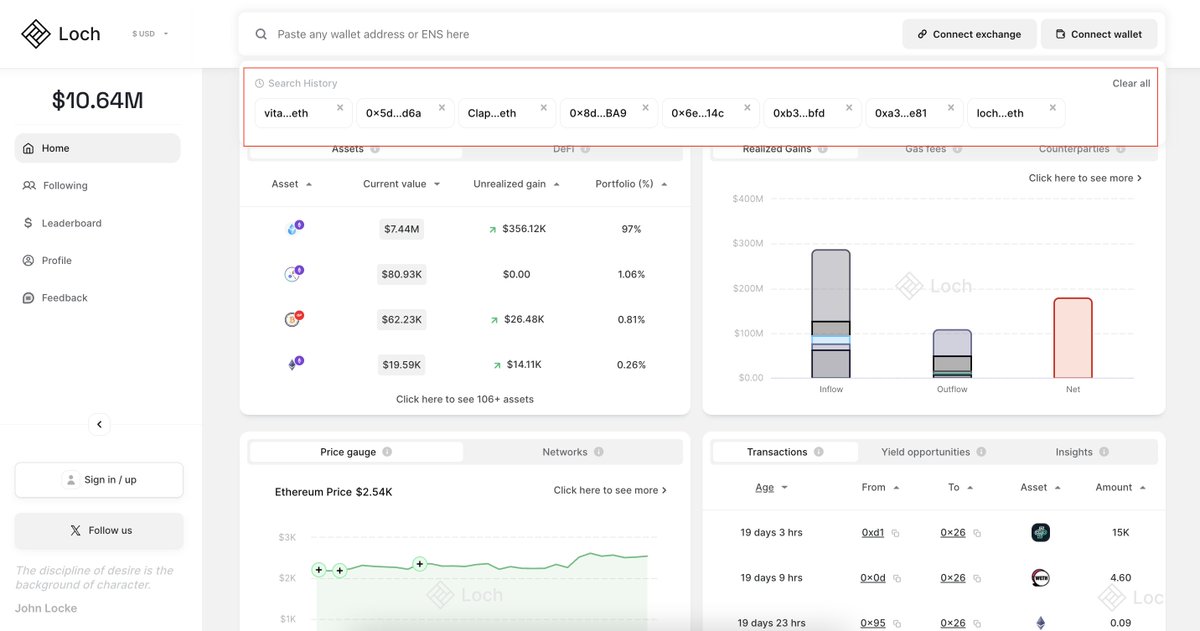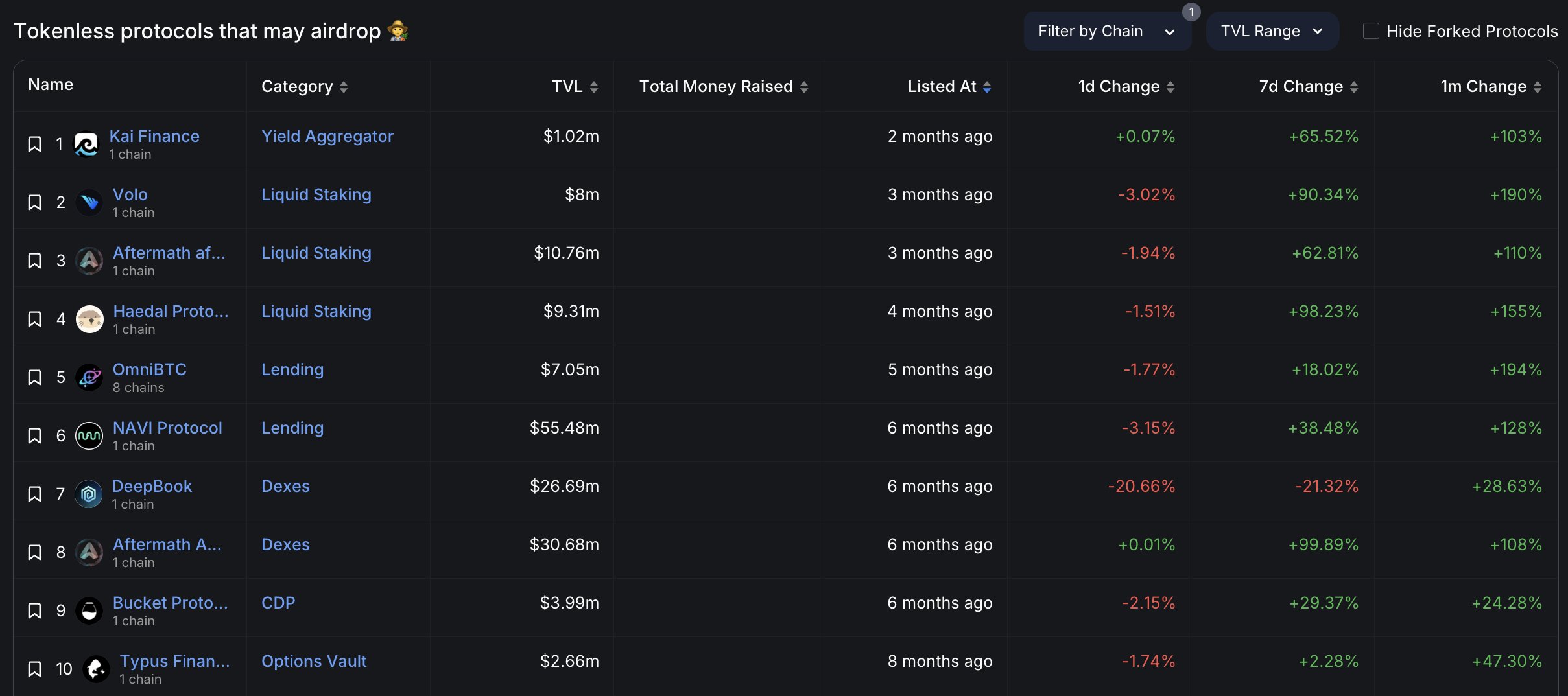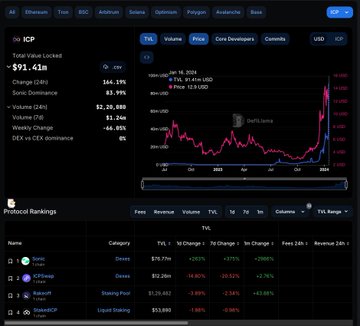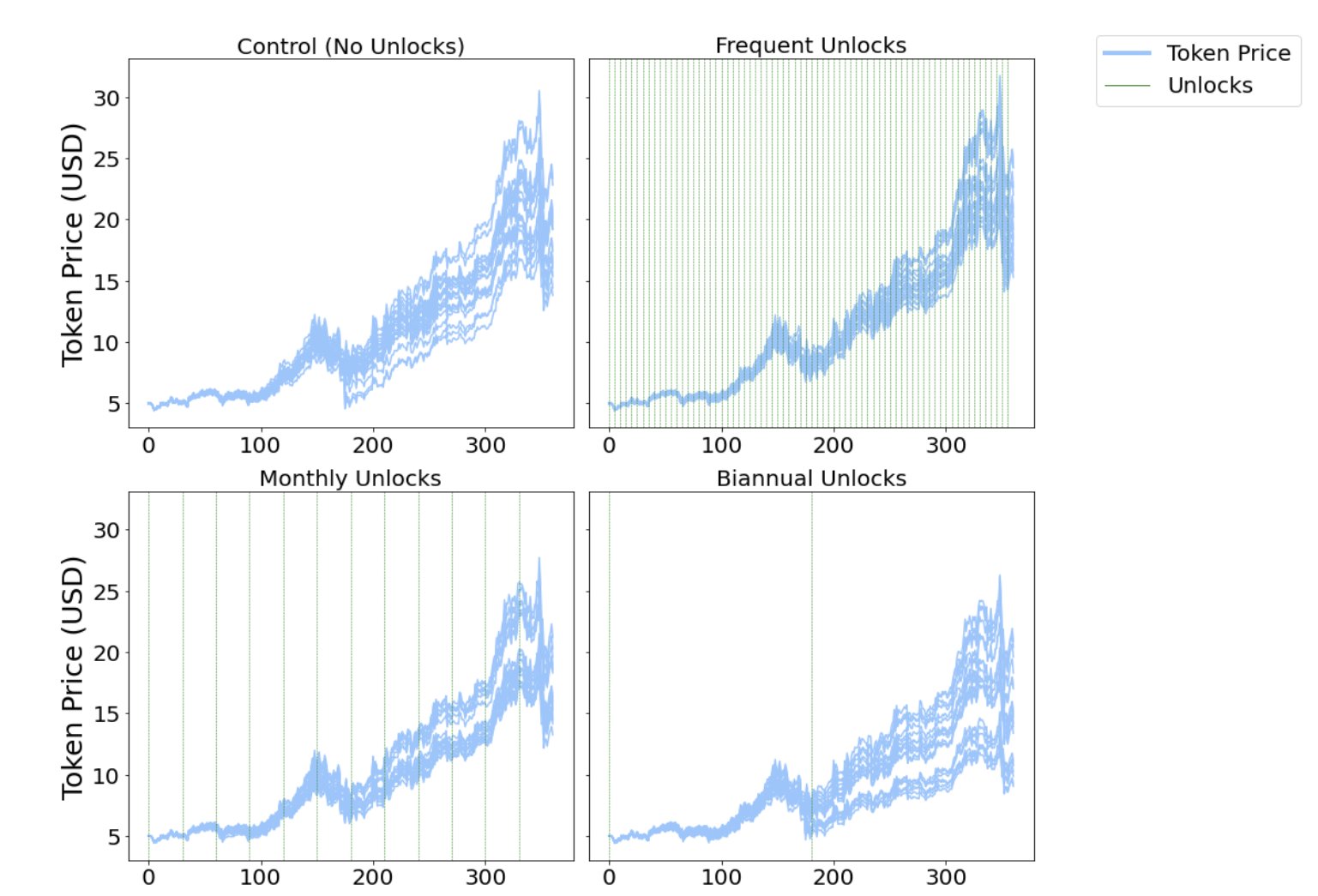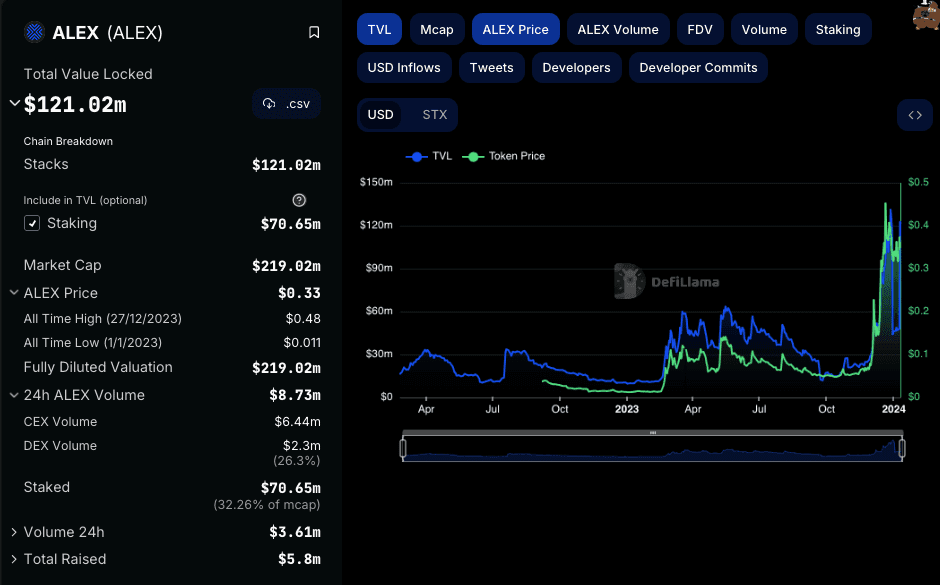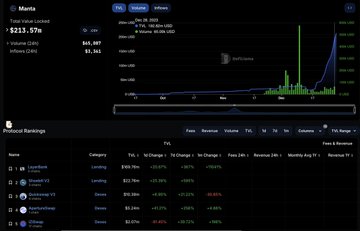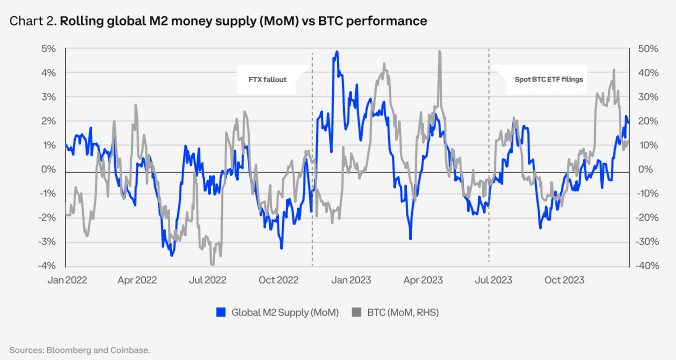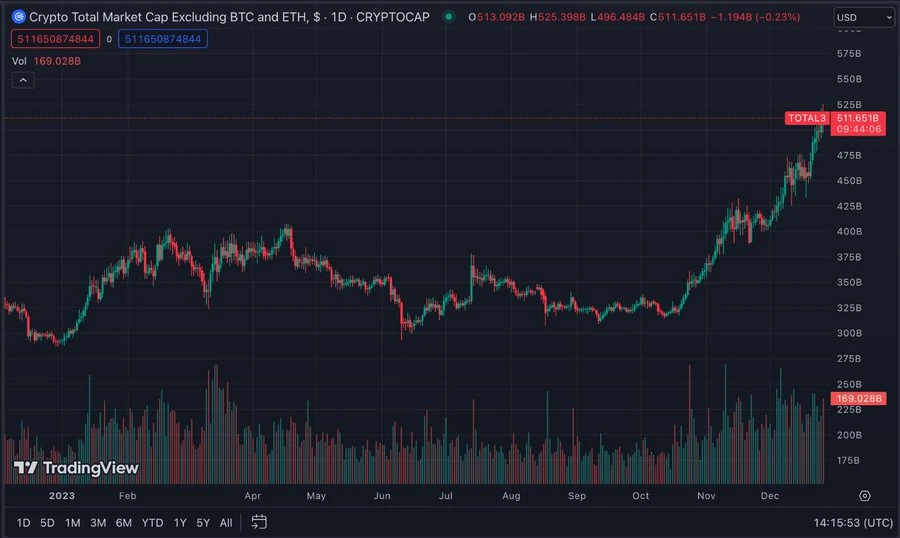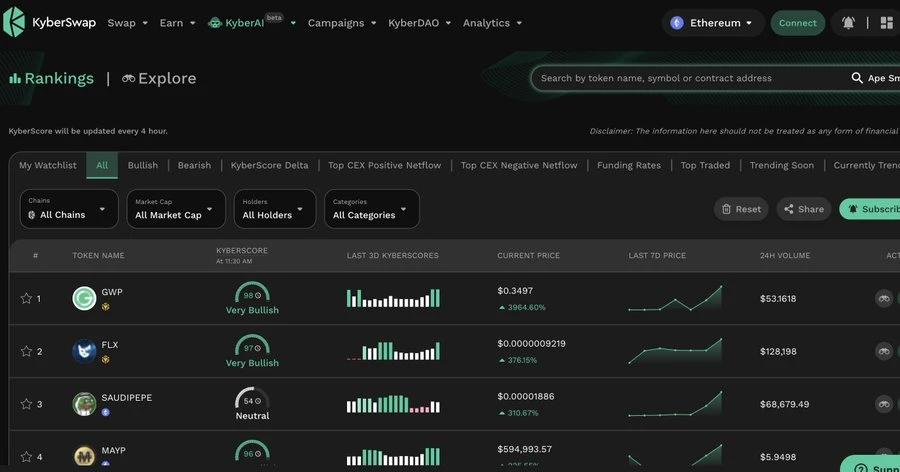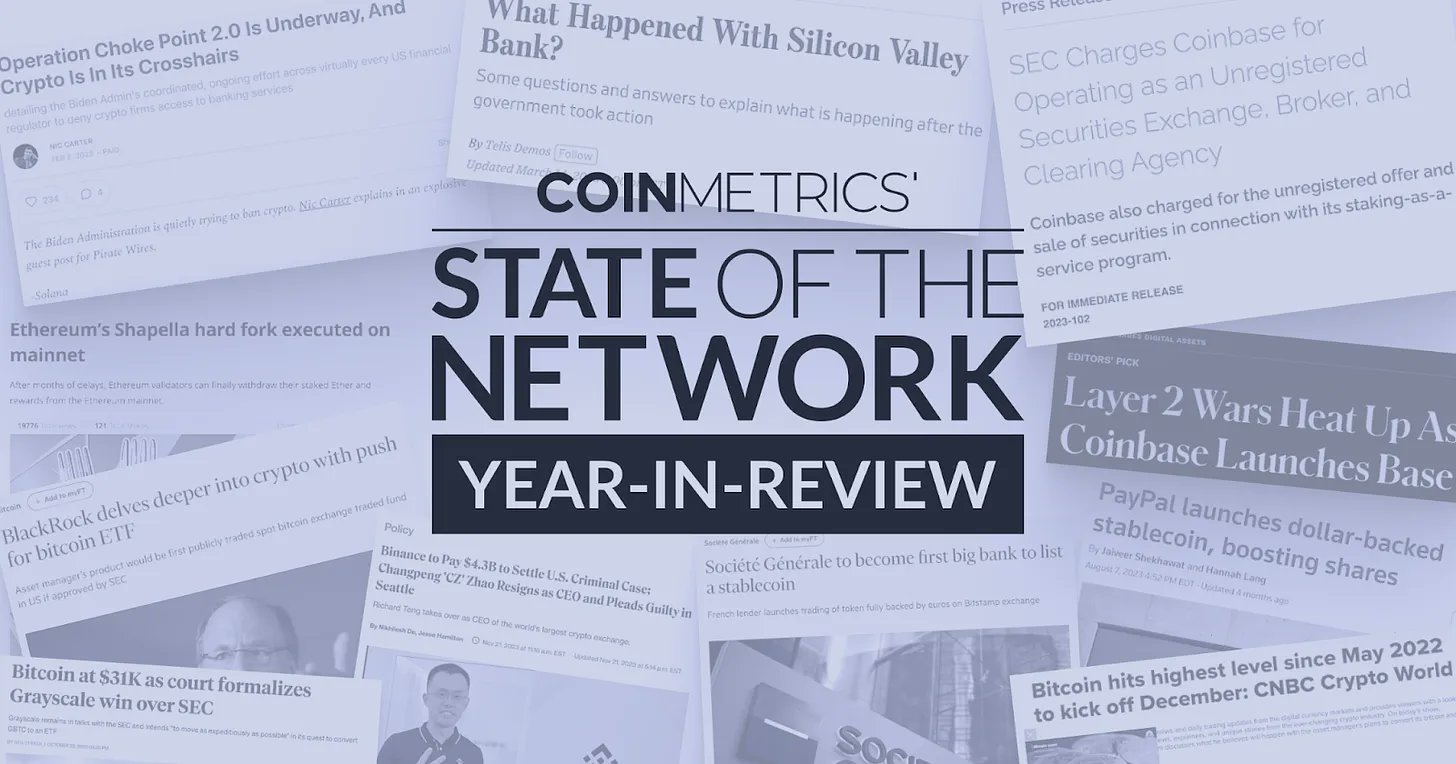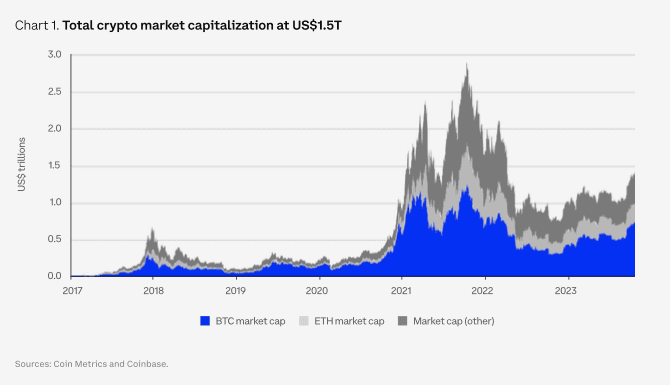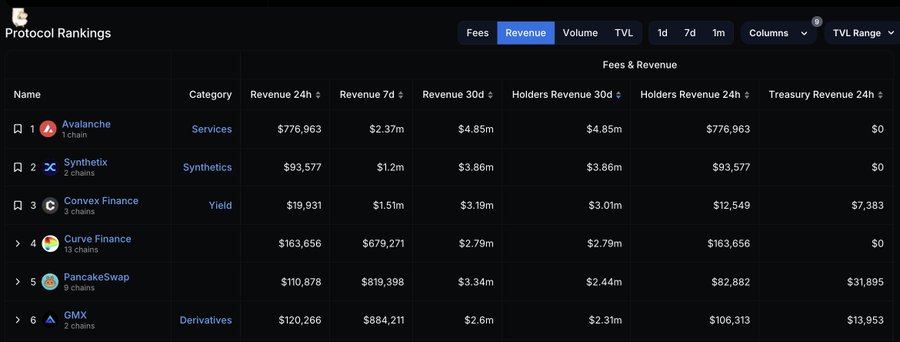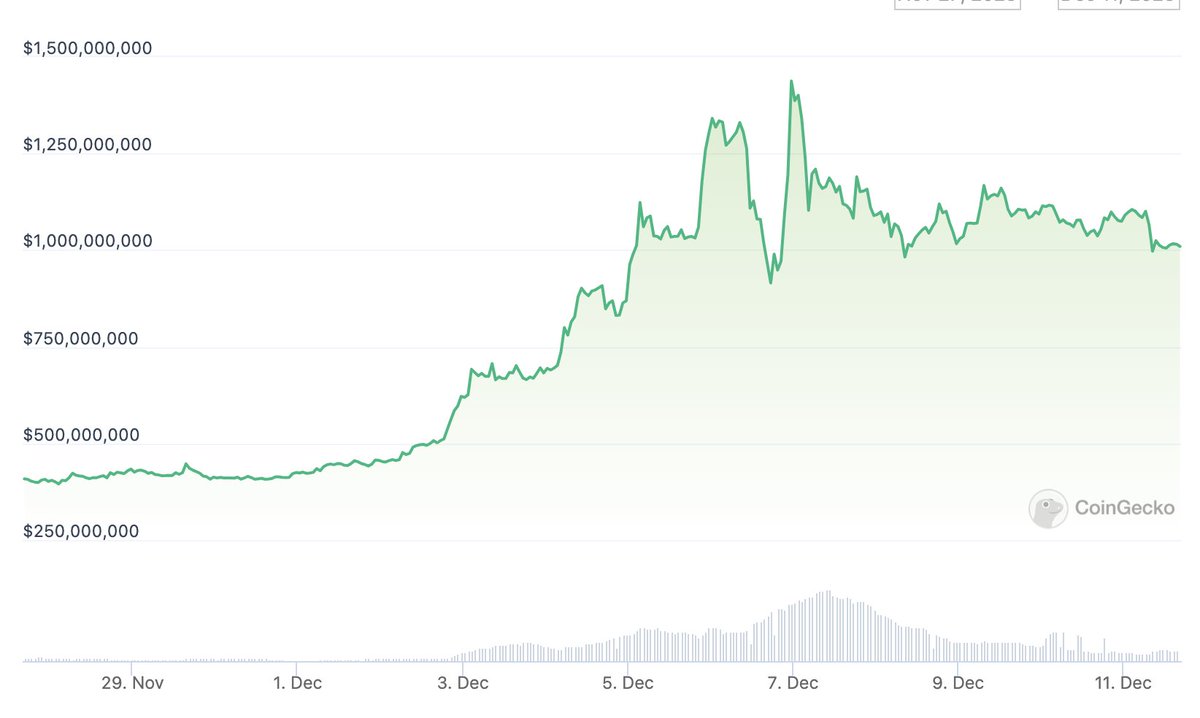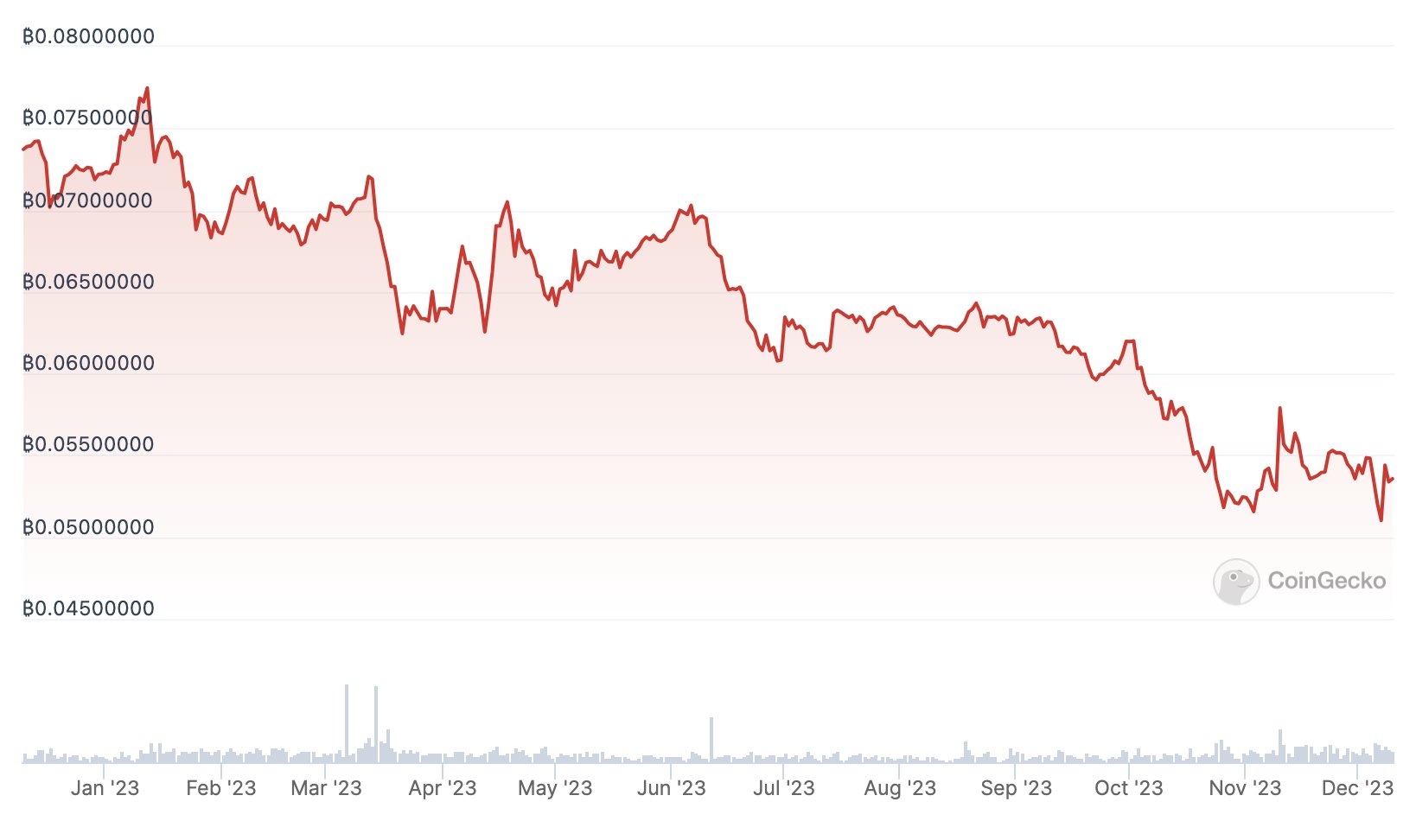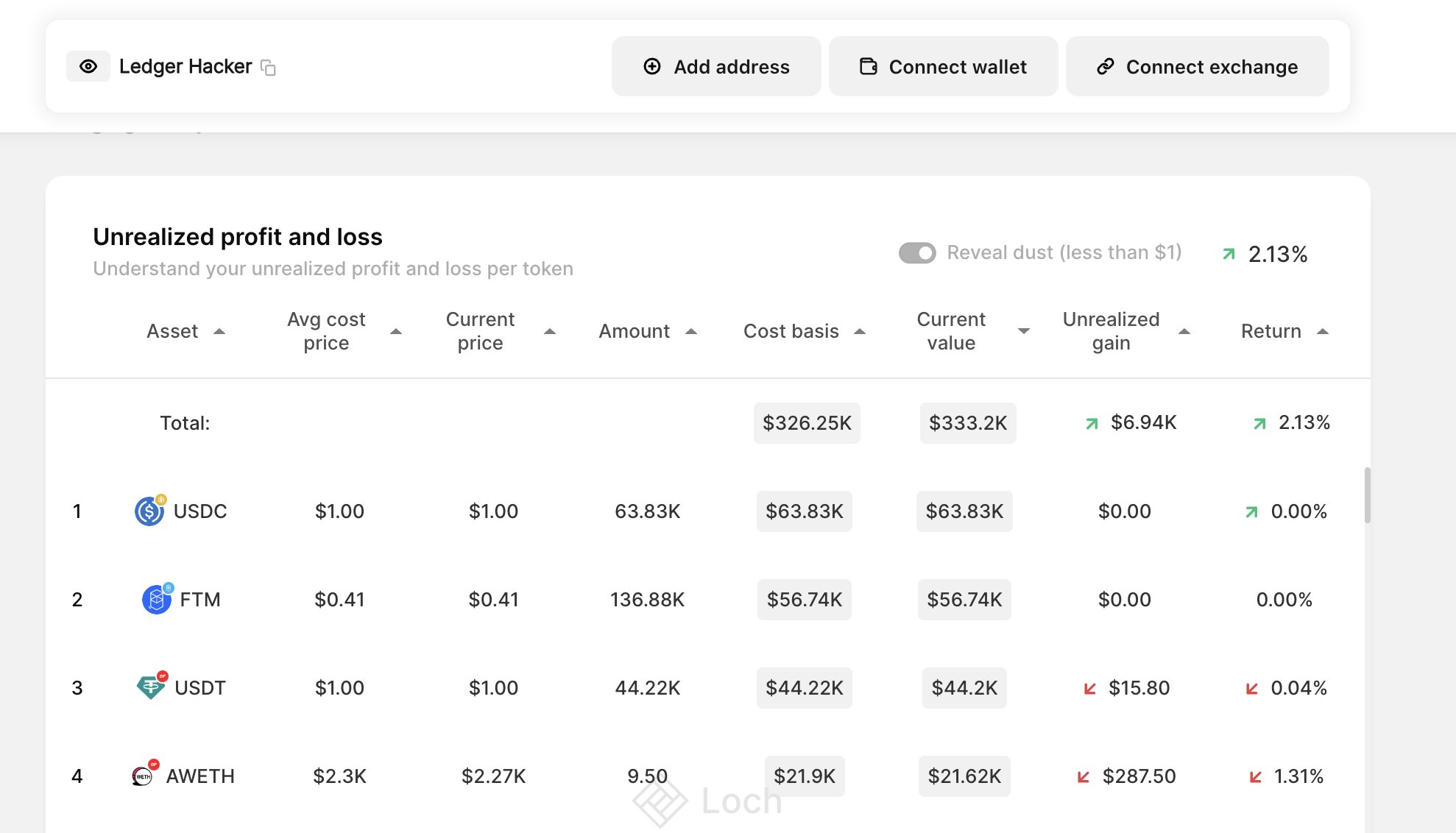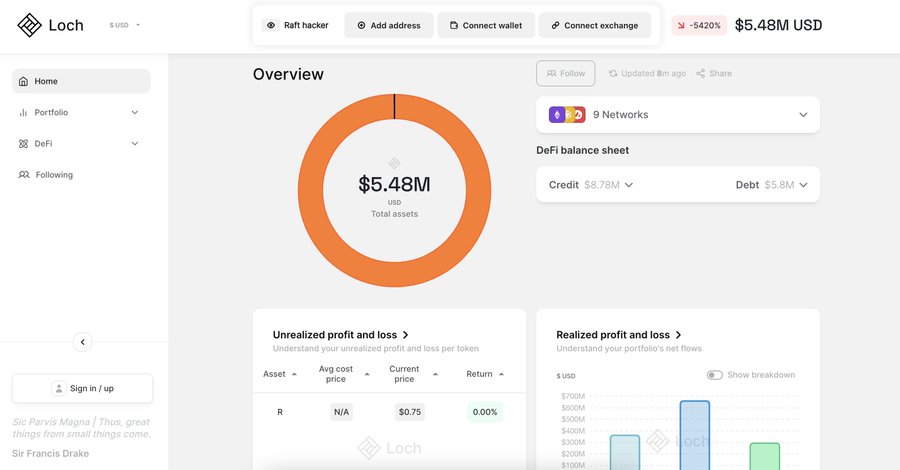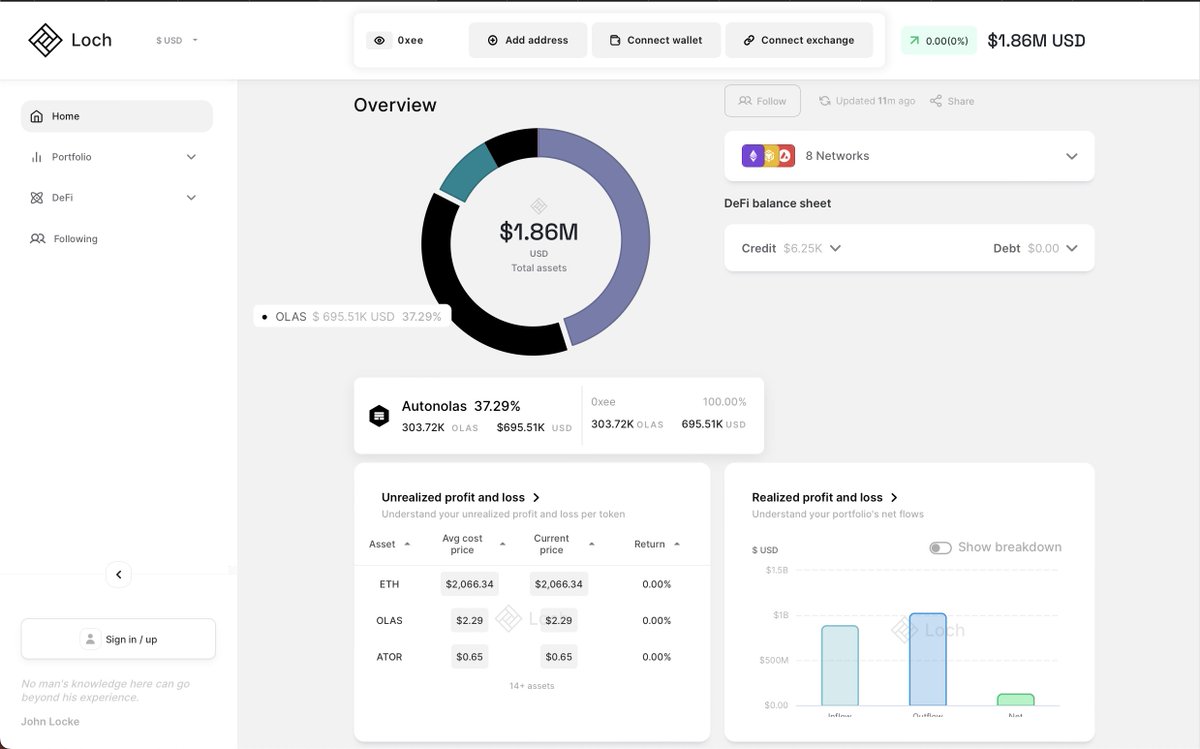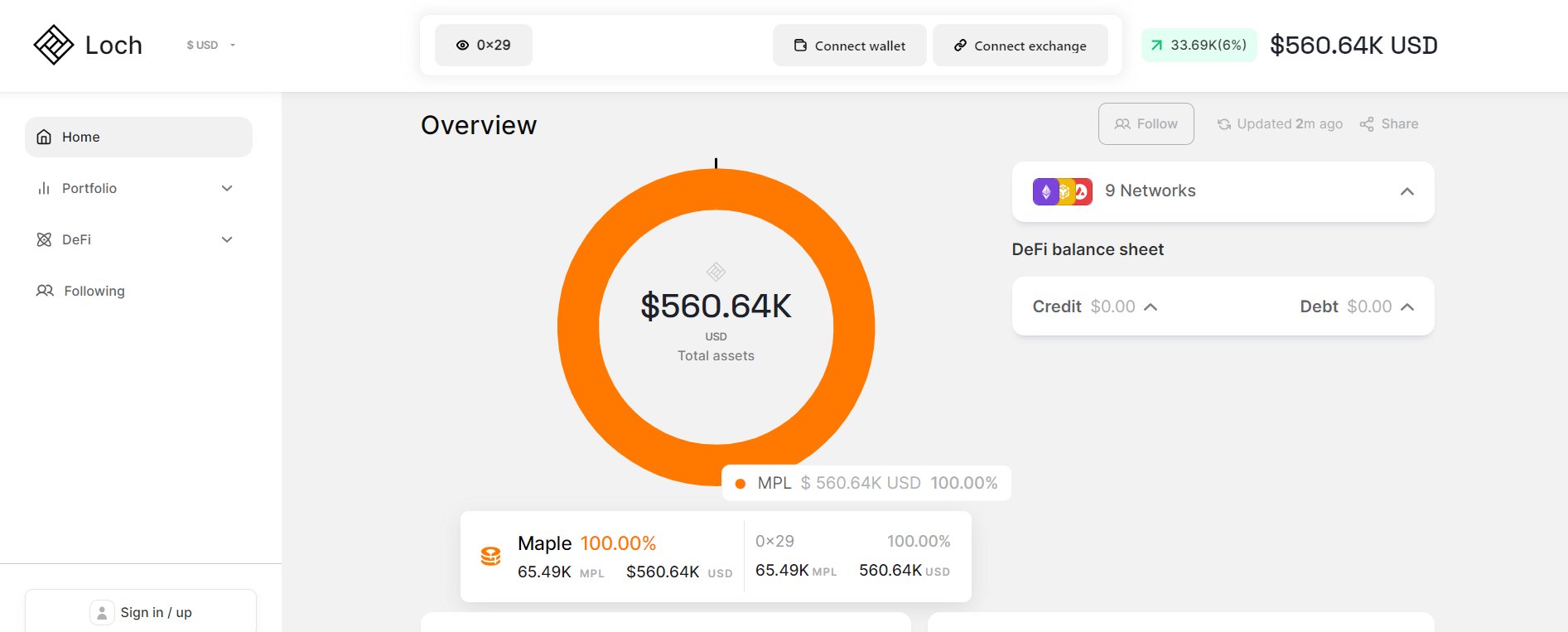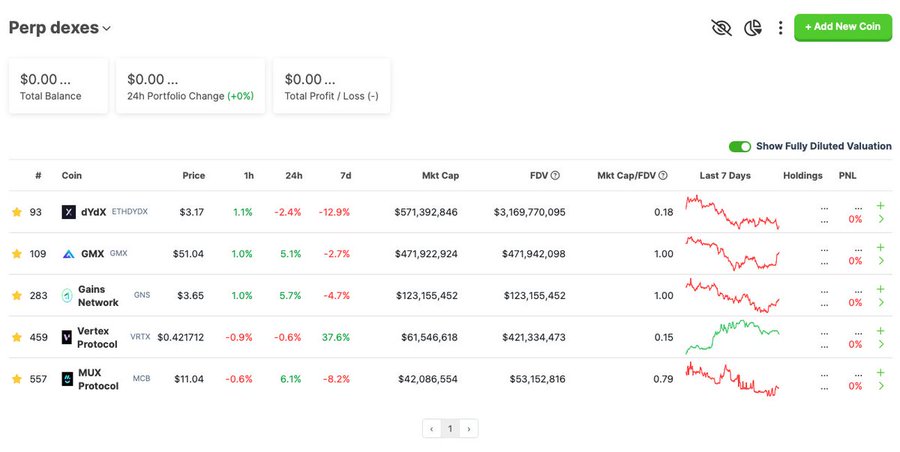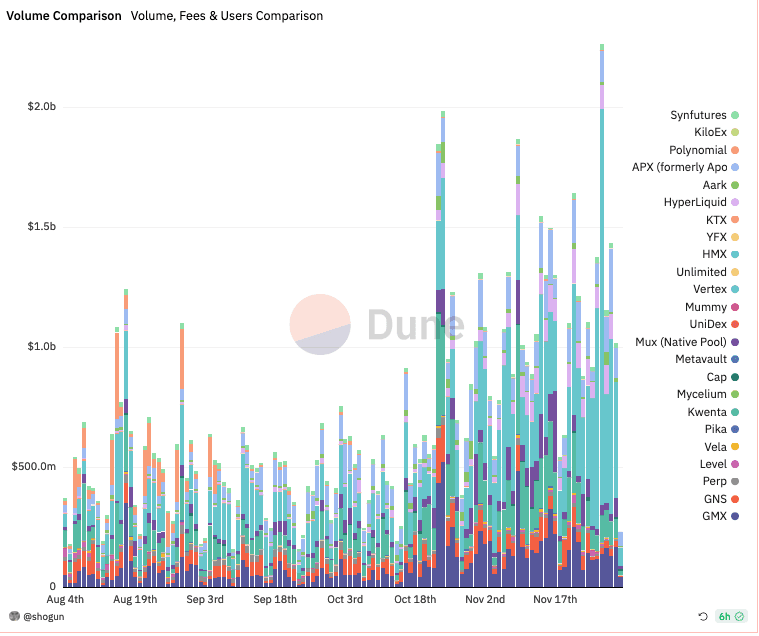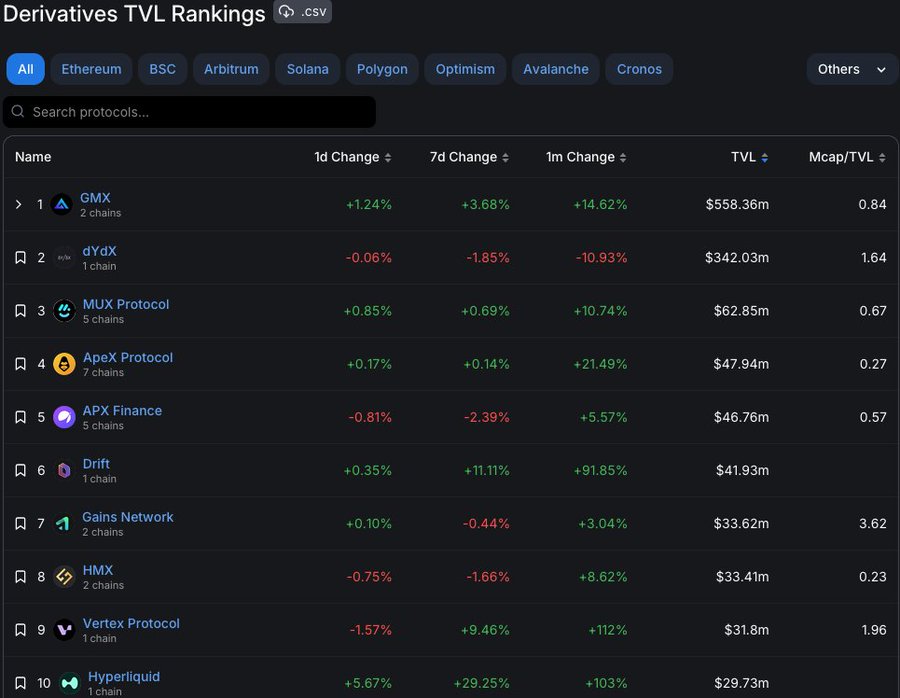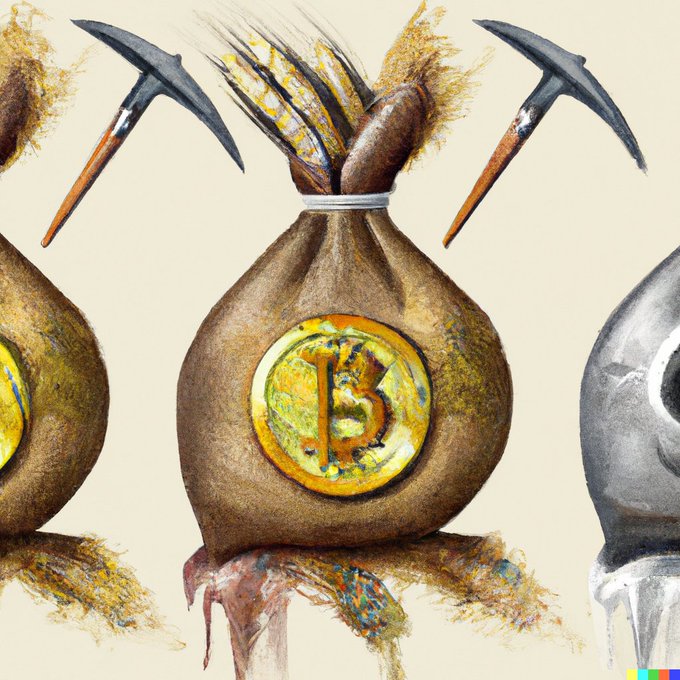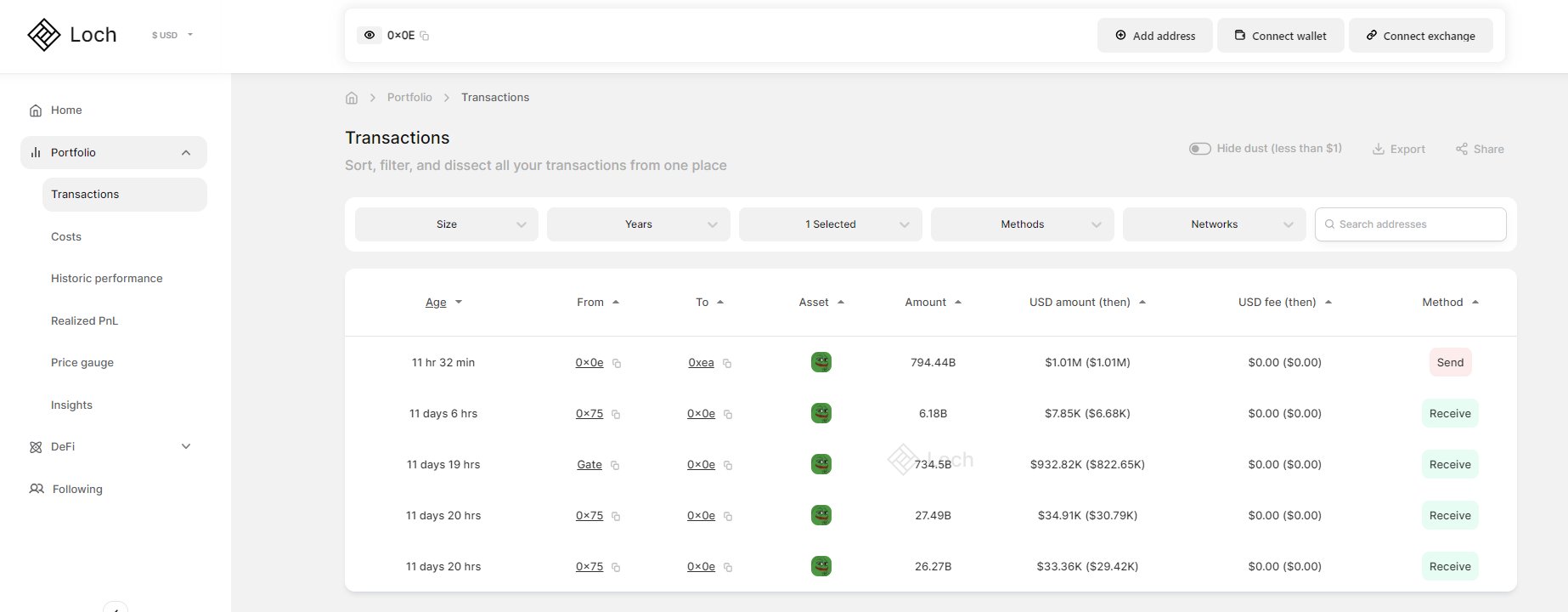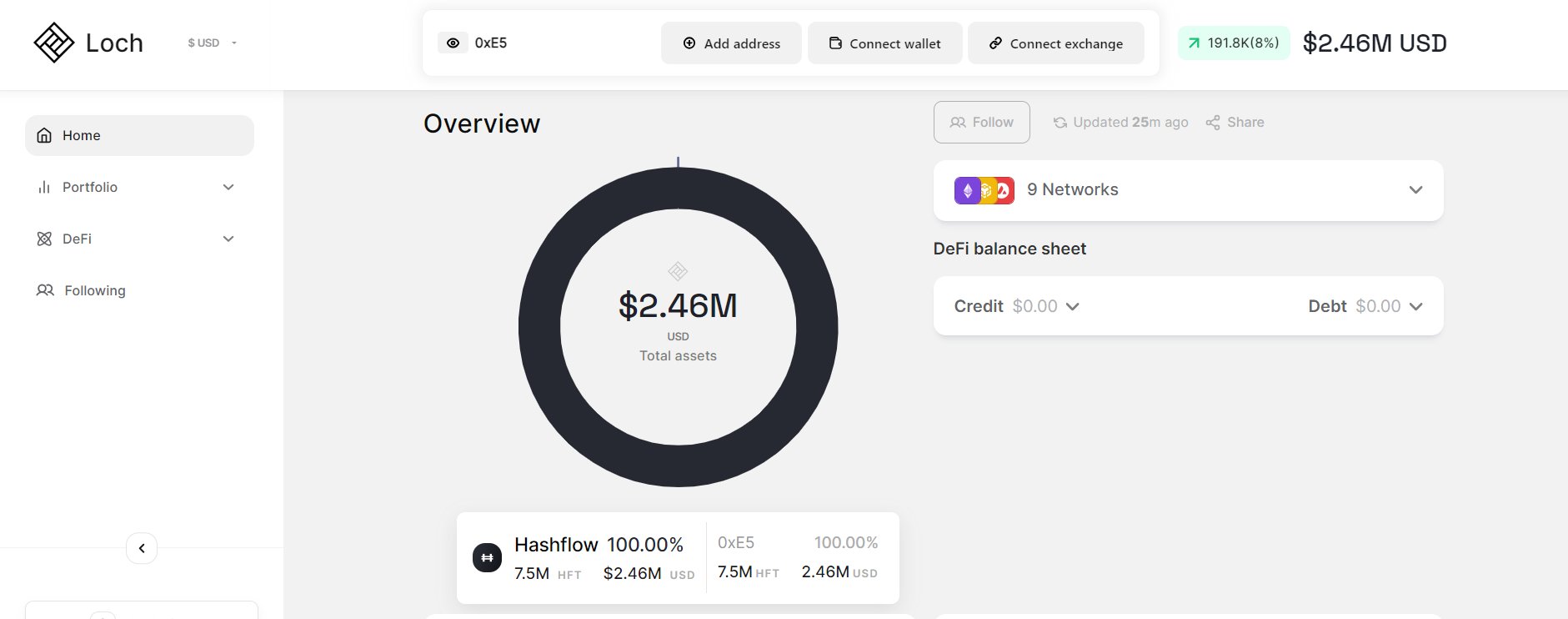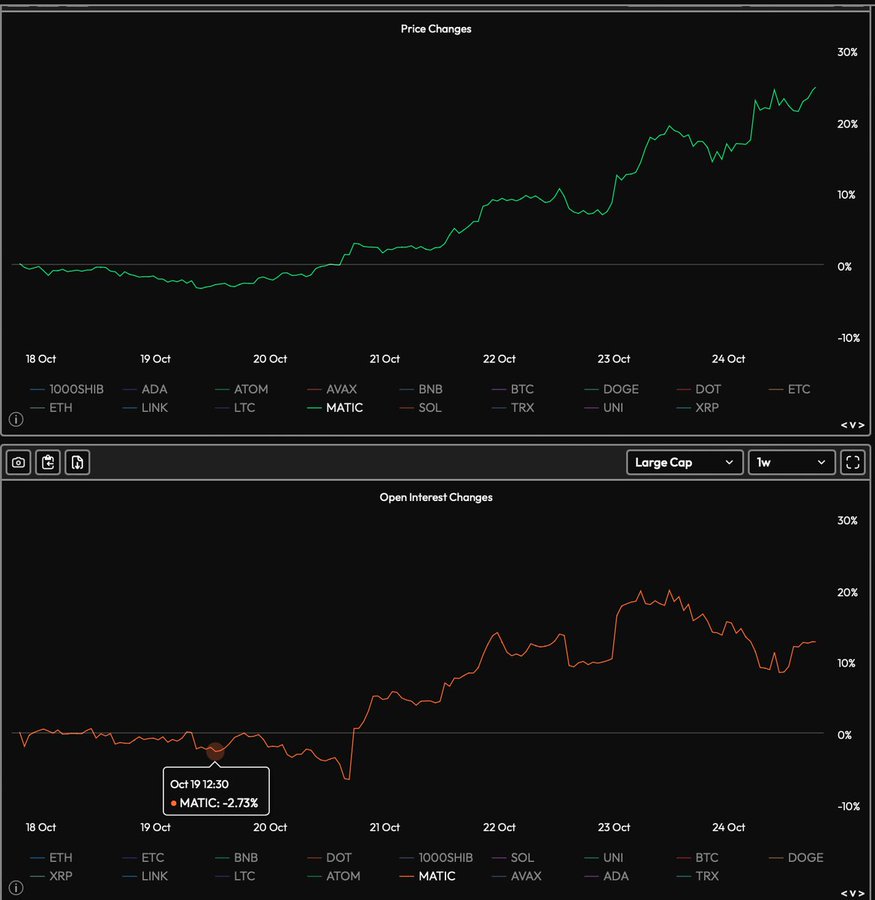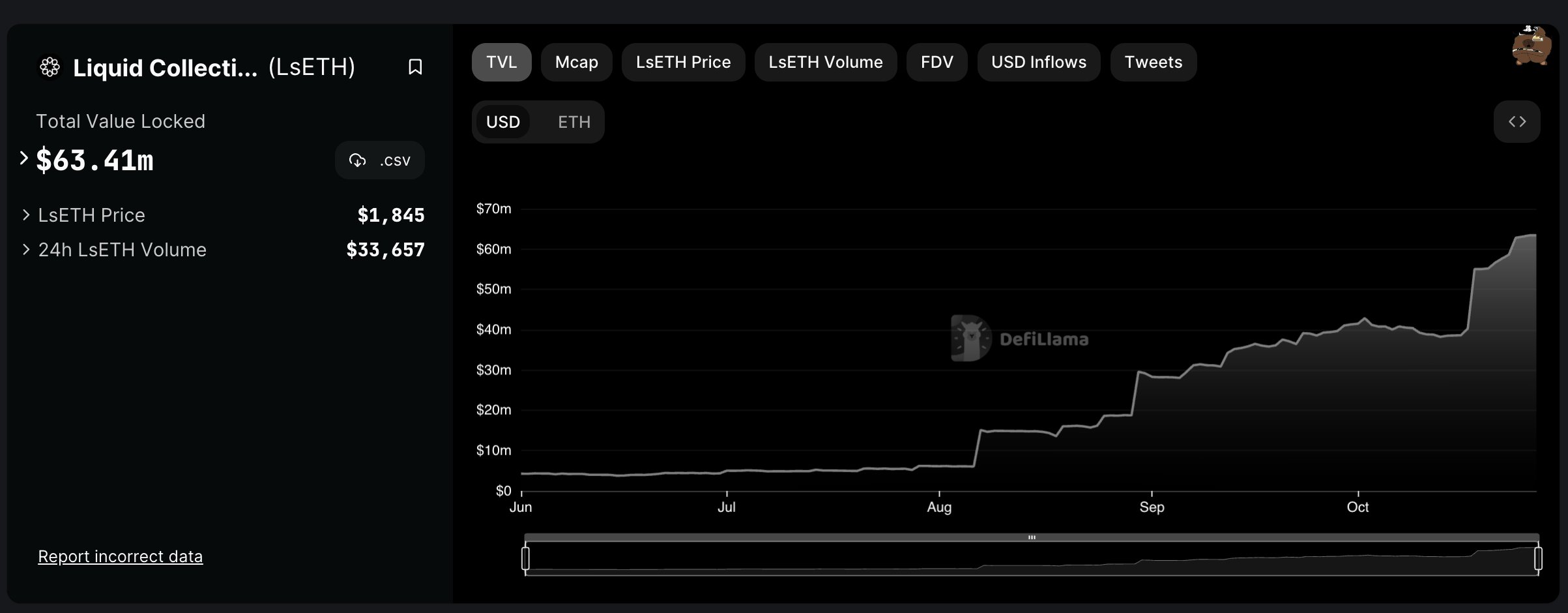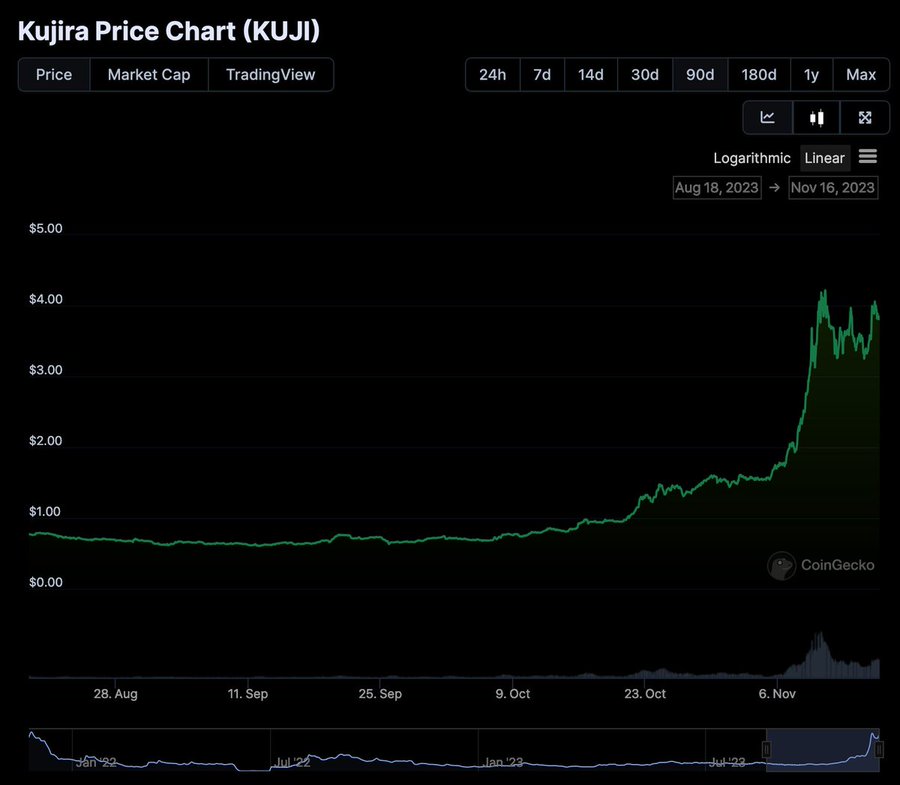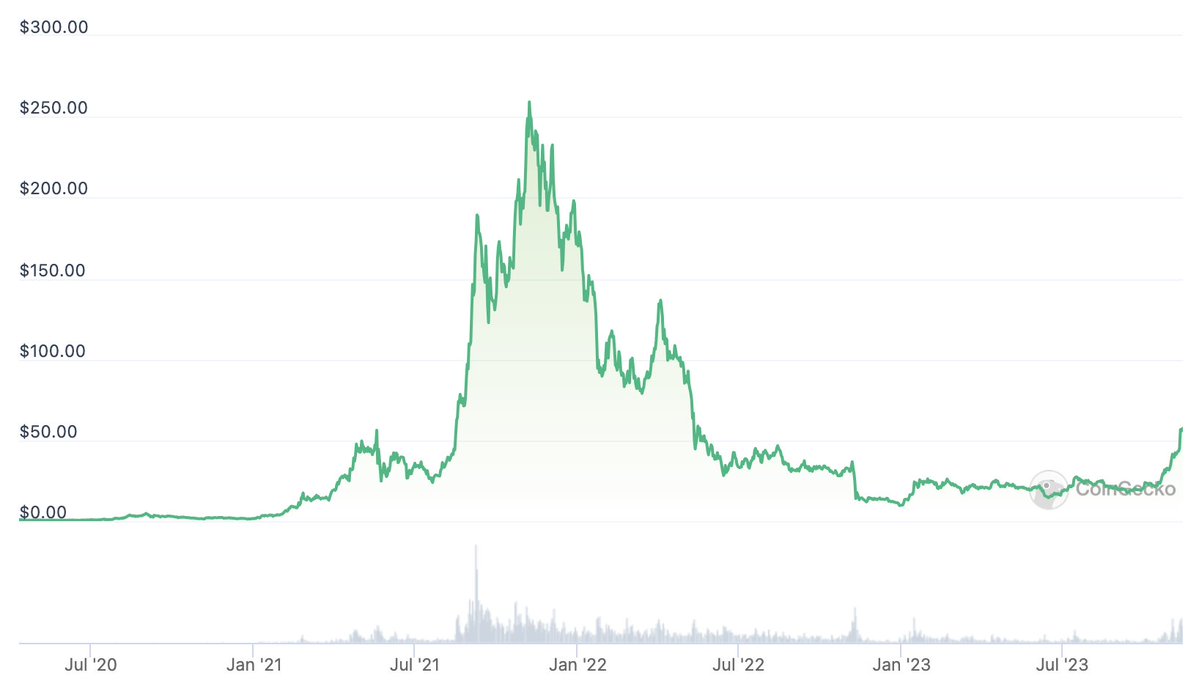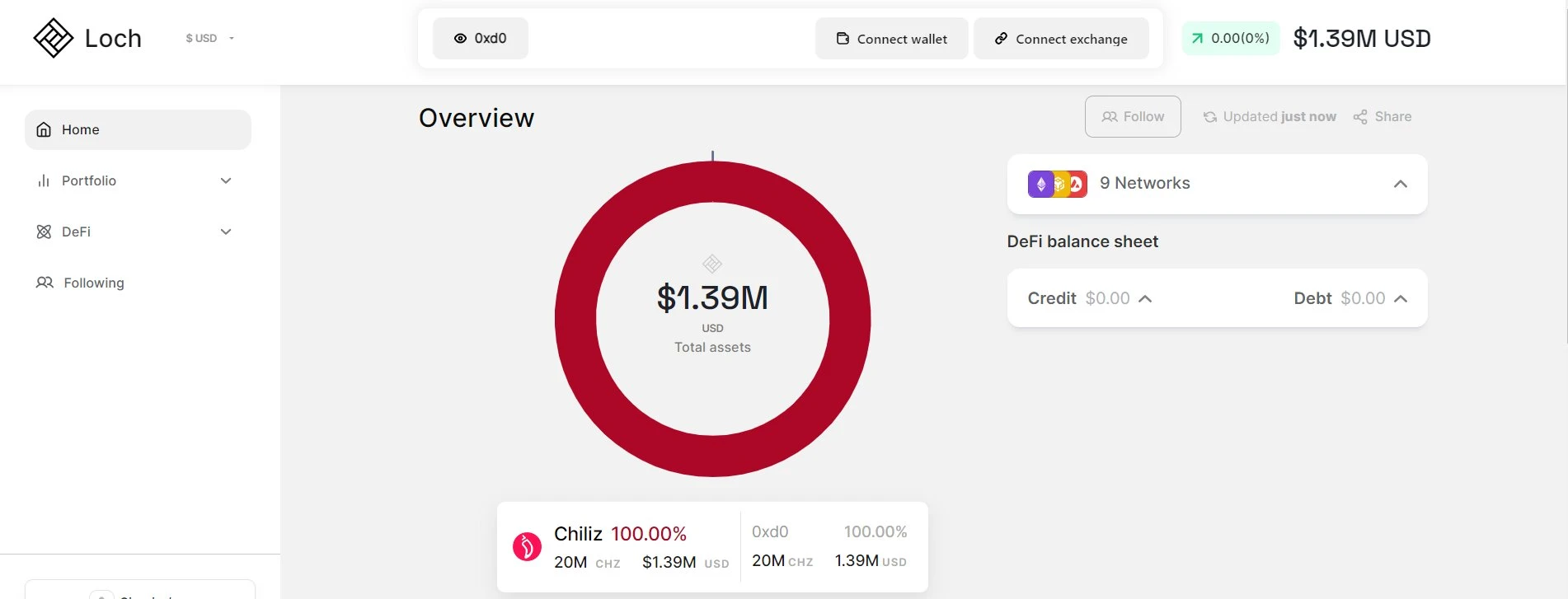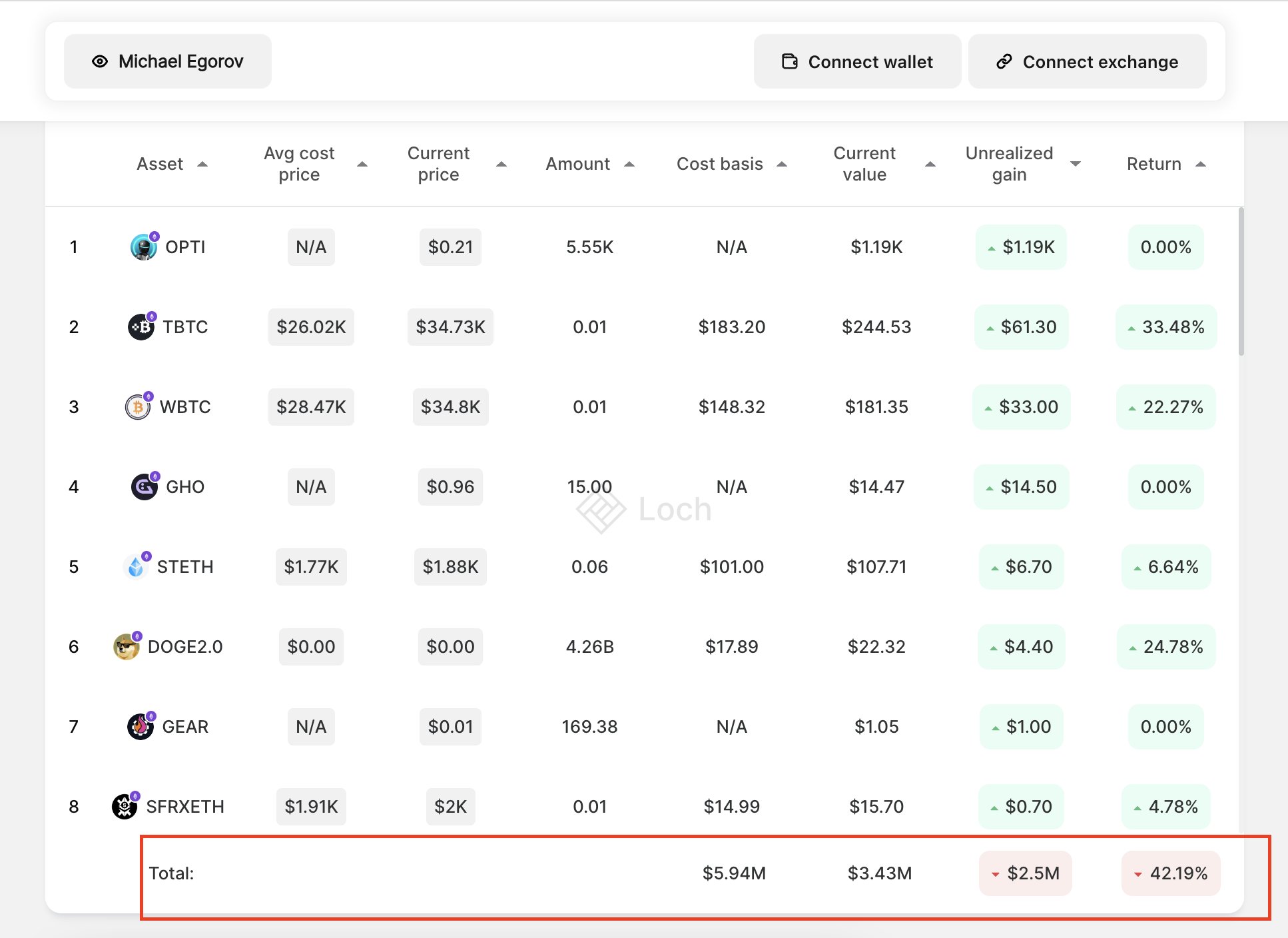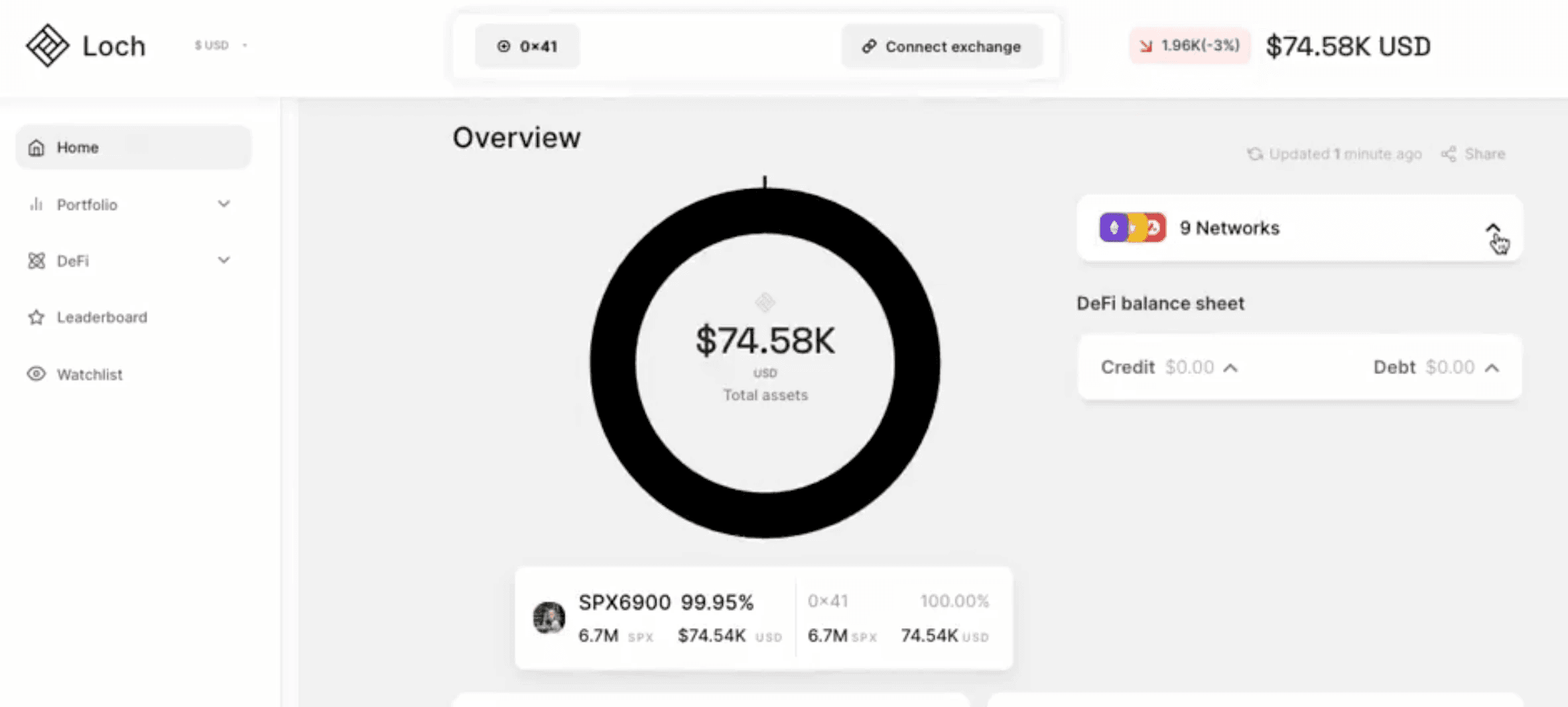Balaji Srinivasan <> Lex Fridman
In this podcast, Balaji Srinivasan and Lex Fridman discuss a range of topics including decentralization, government, academia and science, and social media. One of the main themes of the podcast is the concept of the "Network State," which is a highly aligned online community with a capacity for collective action that crowdfunds territory around the world and eventually gains diplomatic recognition from pre-existing states. According to Balaji, this is an upgrade on how people collectively organize themselves, as it allows for 100% consensus and the ability to progress rapidly while still maintaining freedom and liberty.
The network state will require its own currency and laws, including refined versions of both currency (such as crypto) and law (such as smart contracts). Wrt. academia and science, the podcast discusses the issue of credibility being based on prestige and history rather than independent replication, leading to a lack of new entrants into the field. To solve this problem, Balaji suggests storing all data and code for specific research on a blockchain and allowing citations to be brought on-chain, leading to greater reproducibility and faster progress. This would also allow for scientific research to become more composable, with innovations able to be easily copied or forked for further research and discovery.
In terms of social media, the podcast highlights issues of siloed platforms that lack data portability. Further, power is held by centralized corporations rather than users and creators. As a solution, the podcast mentions projects such as Lens Protocol and Farcaster, which are working on web 3.0 versions of social media where user data is stored in a public social graph that dApp developers can access with permission. This would allow users to retain control over their data and port it to any application, rather than having it be a precious commodity controlled by centralized corporations.
Status as a Service
"Status as a Service" is an article that discusses the inner workings of social networks and how they operate. According to the article, there are two main principles that drive the success of social media platforms:
People are naturally status-seeking and are motivated to increase their social capital, or the sum total of their status measured across different social networks. This can be measured through metrics such as followers, likes, and retweets.
People seek out the most efficient path to maximizing their social capital. This means that they will gravitate towards platforms and networks that offer the greatest potential for increasing their social capital, even if the utility of the platform is limited.
The article also notes that social capital is a leading indicator of financial capital, and that analyzing the dynamics of social capital can help to explain otherwise irrational online behavior.
Social networks are able to grow exponentially and achieve monetization by providing single-user utility and attracting a critical mass of users. This growth is fueled by positive network effects, which can be explained by Metcalfe's law, which states that the value of a network is proportional to the square of the number of connected users (n^2).
The article suggests that social networks can be analyzed along two axes: utility and social capital. Different social networks offer differing combinations of these two elements. For example, messaging apps like WhatsApp provide a high level of utility, but do not necessarily increase social capital. On the other hand, platforms like TikTok offer little social utility, but can help users quickly increase their social capital.
Sources:
https://www.eugenewei.com/blog/2019/2/19/status-as-a-service
Balaji Srinivasan <> Lex Fridman
In this podcast, Balaji Srinivasan and Lex Fridman discuss a range of topics including decentralization, government, academia and science, and social media. One of the main themes of the podcast is the concept of the "Network State," which is a highly aligned online community with a capacity for collective action that crowdfunds territory around the world and eventually gains diplomatic recognition from pre-existing states. According to Balaji, this is an upgrade on how people collectively organize themselves, as it allows for 100% consensus and the ability to progress rapidly while still maintaining freedom and liberty.
The network state will require its own currency and laws, including refined versions of both currency (such as crypto) and law (such as smart contracts). Wrt. academia and science, the podcast discusses the issue of credibility being based on prestige and history rather than independent replication, leading to a lack of new entrants into the field. To solve this problem, Balaji suggests storing all data and code for specific research on a blockchain and allowing citations to be brought on-chain, leading to greater reproducibility and faster progress. This would also allow for scientific research to become more composable, with innovations able to be easily copied or forked for further research and discovery.
In terms of social media, the podcast highlights issues of siloed platforms that lack data portability. Further, power is held by centralized corporations rather than users and creators. As a solution, the podcast mentions projects such as Lens Protocol and Farcaster, which are working on web 3.0 versions of social media where user data is stored in a public social graph that dApp developers can access with permission. This would allow users to retain control over their data and port it to any application, rather than having it be a precious commodity controlled by centralized corporations.
Status as a Service
"Status as a Service" is an article that discusses the inner workings of social networks and how they operate. According to the article, there are two main principles that drive the success of social media platforms:
People are naturally status-seeking and are motivated to increase their social capital, or the sum total of their status measured across different social networks. This can be measured through metrics such as followers, likes, and retweets.
People seek out the most efficient path to maximizing their social capital. This means that they will gravitate towards platforms and networks that offer the greatest potential for increasing their social capital, even if the utility of the platform is limited.
The article also notes that social capital is a leading indicator of financial capital, and that analyzing the dynamics of social capital can help to explain otherwise irrational online behavior.
Social networks are able to grow exponentially and achieve monetization by providing single-user utility and attracting a critical mass of users. This growth is fueled by positive network effects, which can be explained by Metcalfe's law, which states that the value of a network is proportional to the square of the number of connected users (n^2).
The article suggests that social networks can be analyzed along two axes: utility and social capital. Different social networks offer differing combinations of these two elements. For example, messaging apps like WhatsApp provide a high level of utility, but do not necessarily increase social capital. On the other hand, platforms like TikTok offer little social utility, but can help users quickly increase their social capital.
Sources:
https://www.eugenewei.com/blog/2019/2/19/status-as-a-service
Continue reading
Continue reading

Balaji Srinivasan <> Lex Fridman AND Status-as-a-Service
Nov 25, 2022

Balaji Srinivasan <> Lex Fridman AND Status-as-a-Service
Nov 25, 2022




